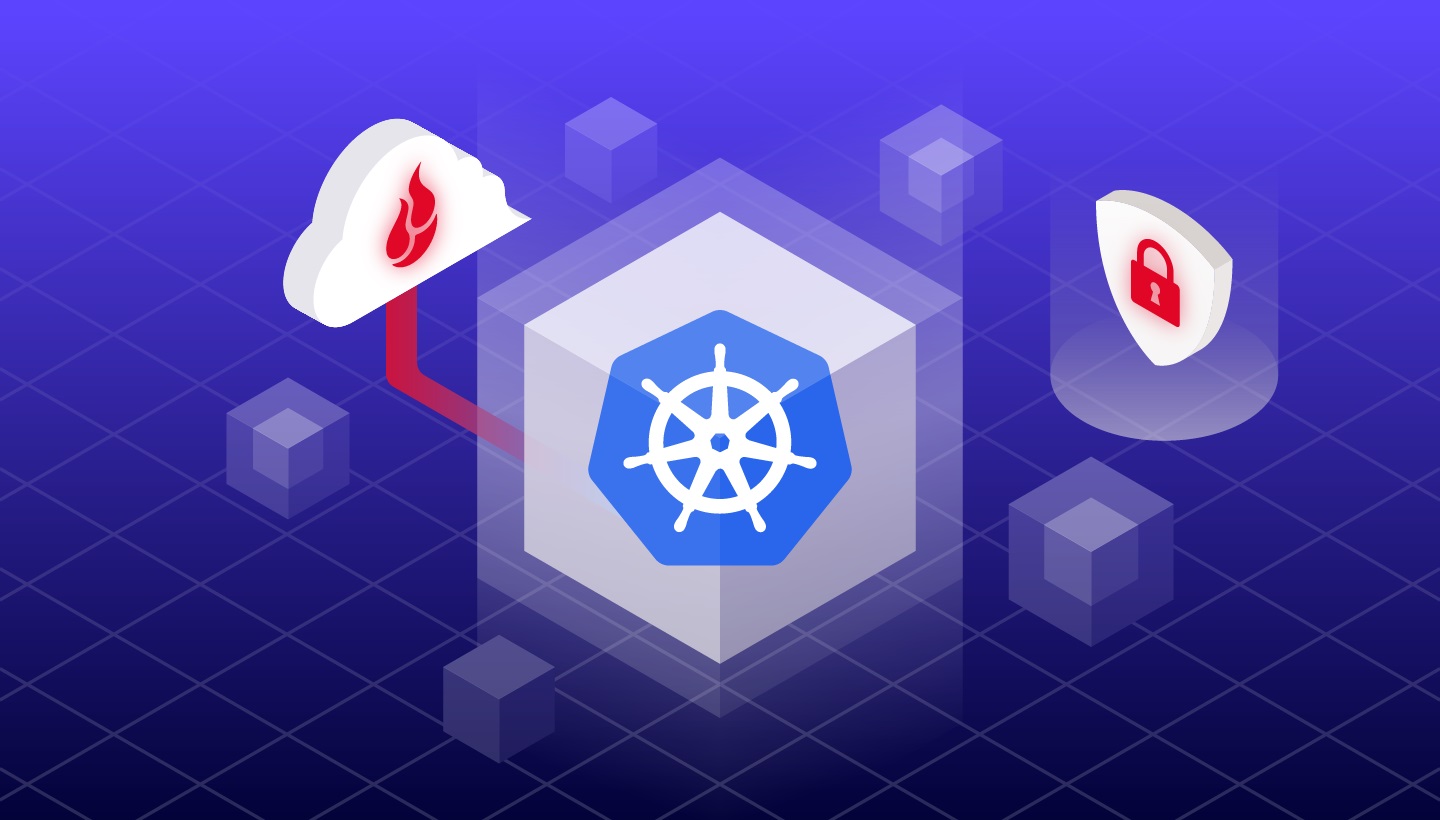
Kubernetes backup might sound like a techy buzzword, but it's crucial for anyone managing containerized applications. Ever wondered what happens if your data suddenly vanishes? Kubernetes backup ensures your data stays safe, even when things go sideways. Imagine losing hours of work due to a system crash. Not fun, right? With Kubernetes backup, you can restore everything quickly. It's like having a safety net for your digital world. This guide will walk you through 17 essential facts about Kubernetes backup. From understanding its importance to learning best practices, you'll get the lowdown on keeping your data secure. Ready to dive in? Let's get started!
What is Kubernetes?
Kubernetes, often abbreviated as K8s, is an open-source platform designed to automate deploying, scaling, and operating application containers. It helps manage containerized applications across a cluster of nodes.
-
Kubernetes was originally developed by Google. The tech giant released it as an open-source project in 2014.
-
The name "Kubernetes" comes from Greek. It means "helmsman" or "pilot," symbolizing its role in steering containerized applications.
-
Kubernetes is written in Go. This programming language, also known as Golang, is known for its simplicity and efficiency.
Why is Kubernetes Backup Important?
Backing up Kubernetes is crucial for ensuring data integrity and availability. It helps recover from data loss, corruption, or other disasters.
-
Kubernetes backup protects against data loss. Accidental deletions or hardware failures can lead to significant data loss without a proper backup.
-
It ensures business continuity. With a reliable backup, businesses can quickly restore operations after an unexpected event.
-
Backups help in disaster recovery. They provide a way to recover from catastrophic failures, ensuring minimal downtime.
How Does Kubernetes Backup Work?
Understanding how Kubernetes backup works can help in setting up and managing backups effectively.
-
Kubernetes backups involve taking snapshots. These snapshots capture the state of the cluster at a specific point in time.
-
Backups can be stored in various locations. Options include local storage, cloud storage, or remote servers.
-
Automated backup solutions are available. Tools like Velero can automate the backup process, making it easier to manage.
Tools for Kubernetes Backup
Several tools can help manage Kubernetes backups efficiently. Each tool has its unique features and benefits.
-
Velero is a popular backup tool. It supports backup, restore, and migration of Kubernetes cluster resources and persistent volumes.
-
Kasten K10 offers comprehensive backup solutions. It provides data management and protection for Kubernetes applications.
-
Rancher Longhorn is another option. This tool offers distributed block storage for Kubernetes, ensuring data availability and durability.
Best Practices for Kubernetes Backup
Following best practices can ensure that Kubernetes backups are reliable and effective.
-
Regularly test your backups. Testing ensures that backups are working correctly and can be restored when needed.
-
Automate the backup process. Automation reduces the risk of human error and ensures consistent backups.
-
Store backups in multiple locations. This practice ensures that backups are available even if one location fails.
Challenges in Kubernetes Backup
Backing up Kubernetes can come with its own set of challenges. Understanding these can help in planning and executing effective backup strategies.
-
Complexity of distributed systems. Kubernetes clusters can be complex, making backups more challenging.
-
Data consistency issues. Ensuring data consistency across distributed nodes can be difficult, requiring careful planning and execution.
Final Thoughts on Kubernetes Backup
Kubernetes backup is crucial for maintaining data integrity and ensuring smooth operations. Understanding backup strategies and tools can save you from potential headaches. Regularly scheduled backups, automated processes, and choosing the right tools like Velero or Kasten can make a world of difference. Don't overlook the importance of testing your backups to ensure they're reliable when needed. Also, consider security measures to protect your data from breaches. By staying proactive, you can avoid data loss and downtime, keeping your applications running smoothly. Remember, a solid backup plan isn't just a safety net; it's a necessity in today's tech landscape. Stay informed, stay prepared, and your Kubernetes environment will thank you.
Was this page helpful?
Our commitment to delivering trustworthy and engaging content is at the heart of what we do. Each fact on our site is contributed by real users like you, bringing a wealth of diverse insights and information. To ensure the highest standards of accuracy and reliability, our dedicated editors meticulously review each submission. This process guarantees that the facts we share are not only fascinating but also credible. Trust in our commitment to quality and authenticity as you explore and learn with us.


